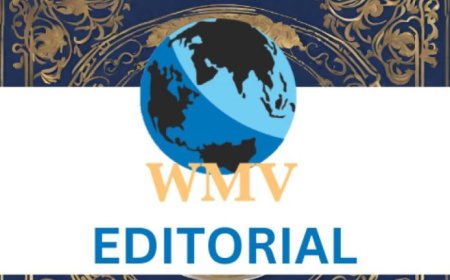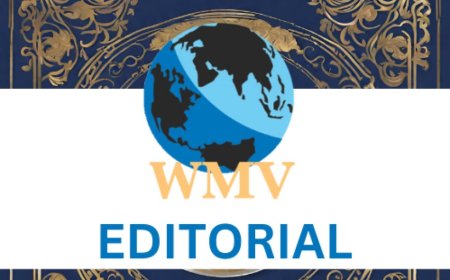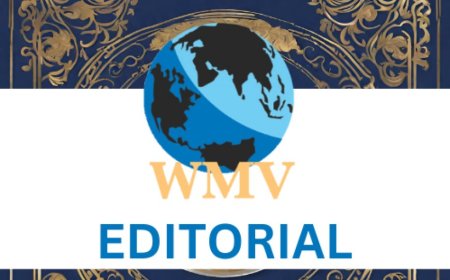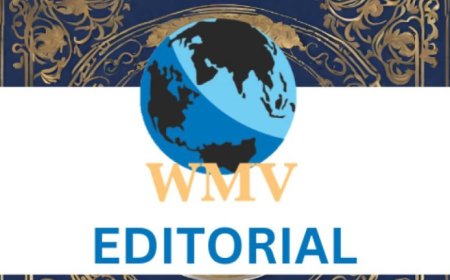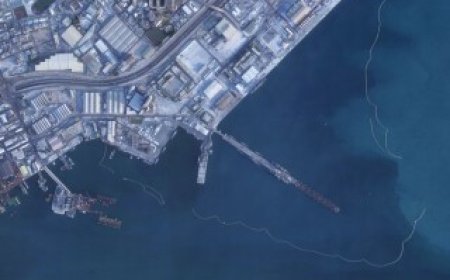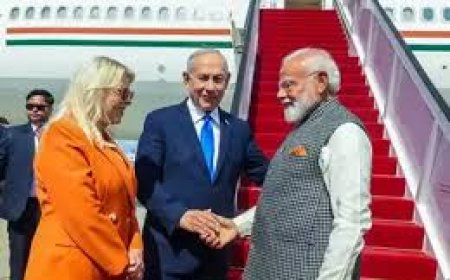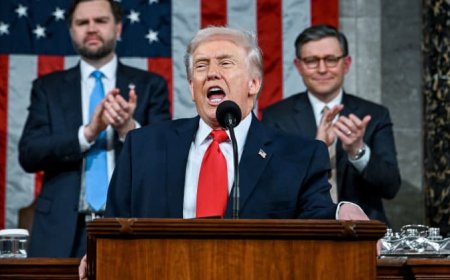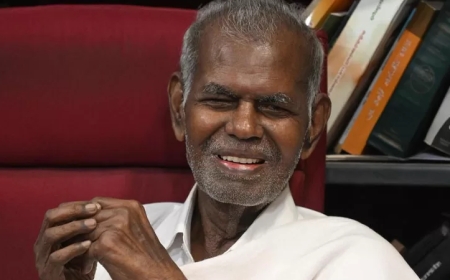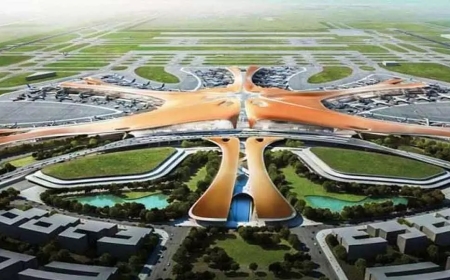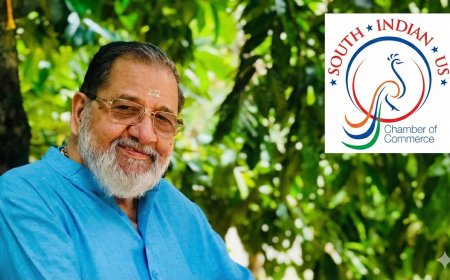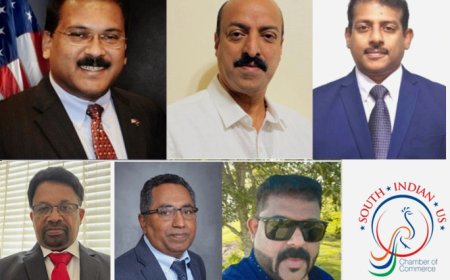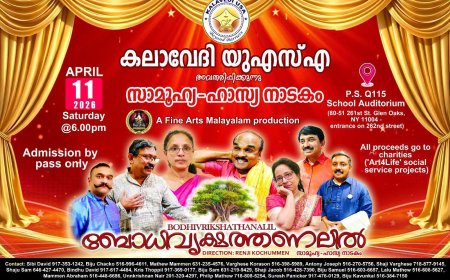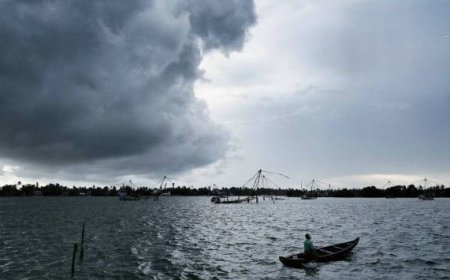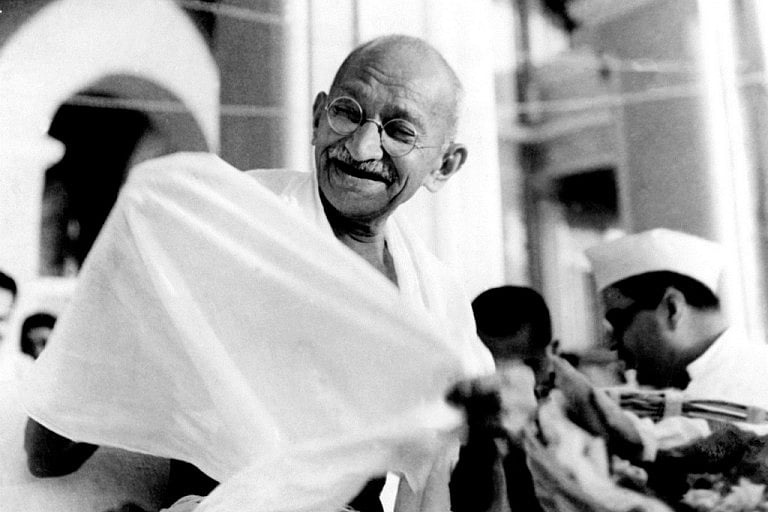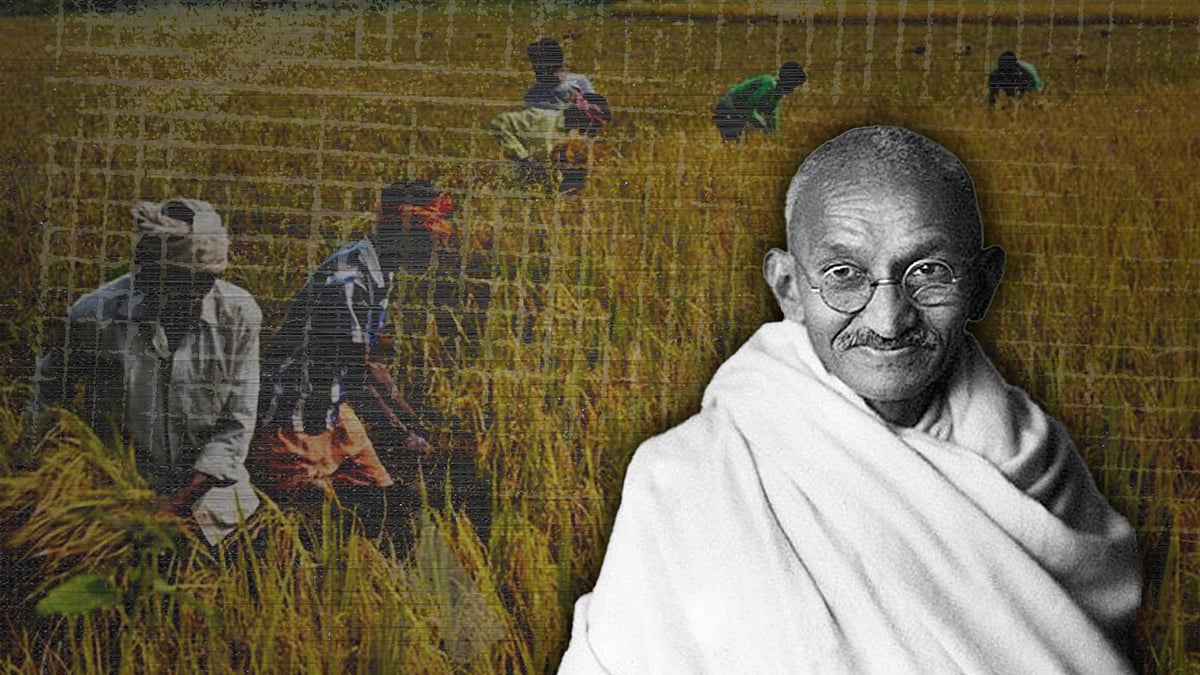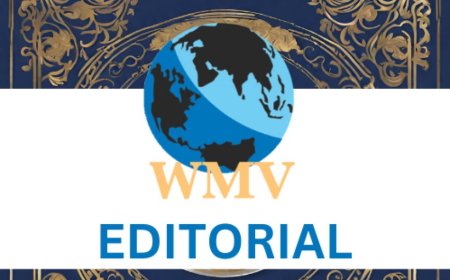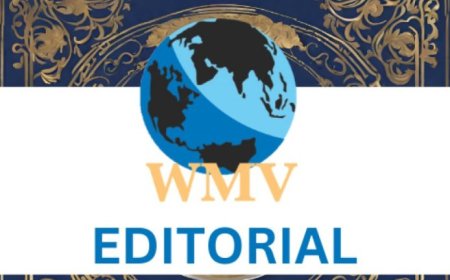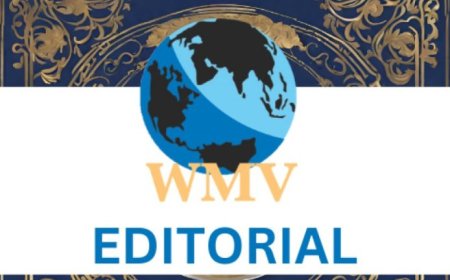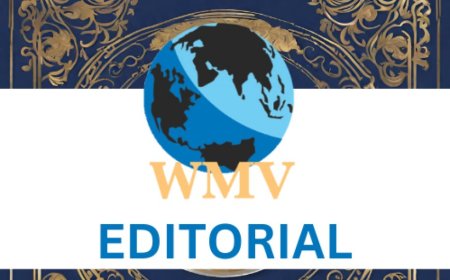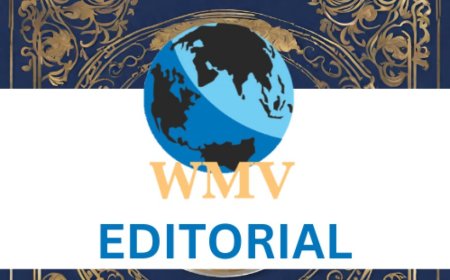China’s public wants to make a living, not war
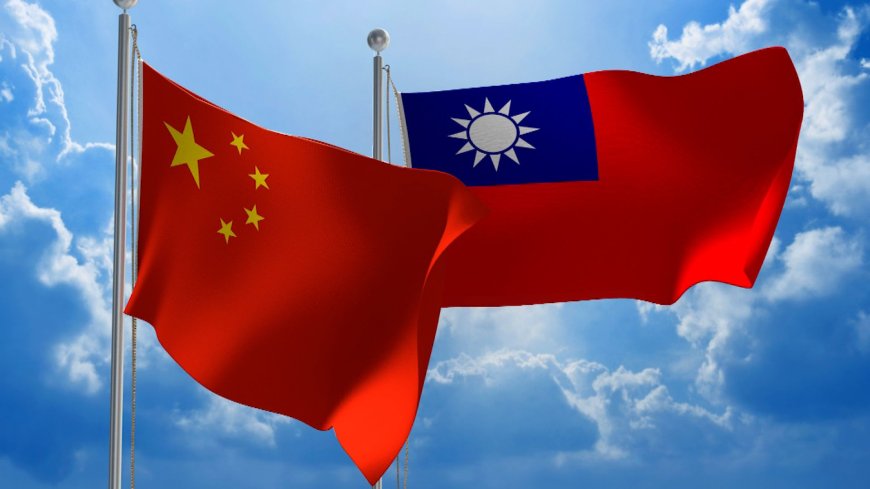
“I AM opposed to war, unless in self-defense.” This was the most-liked comment on Douyin—the Chinese counterpart to TikTok—in reaction to a speech delivered by Chinese Foreign Minister Wang Yi on Jan. 9. In his address, Wang previewed China’s top diplomatic goals for 2024 and emphasized “the unwavering resolve of all 1.4 billion Chinese citizens to achieve reunification with Taiwan,” a statement made just days prior to the island’s general elections.
The broader reaction to Wang’s remarks likely wasn’t what the Chinese Communist Party (CCP) hoped for: Tens of thousands of Chinese social media users responded, many of them with grievances, sarcasm, and defiance, widely questioning the costs of a potential war.
One man from Shanghai complained, “Who is going to fight the war? If I die, who is going to pay my mortgage or my car loan?” Wang’s speech framed “national unification” as one of “China’s core interests,” but as one user from Hunan rebutted, “[China’s] core interests are that every Chinese can be treated equally and have access to elderly care and health care.”
The pushback went beyond economic and social grievances. Some posters were even bolder, suggesting that Taiwan’s democracy may demonstrate a political alternative to mainland China: “The fact that Taiwanese choose their own way of life,” said one commentator from Shandong, “might show that Chinese people can take a different route.”
The mood among social media users is a sharp departure from past elections. After almost every Taiwanese general election since 2016, a wave of pro-war fever has swept the Chinese internet. After Taiwan’s 2020 elections, for example, upbeat war enthusiasts in China produced oil paintings that illustrated wild fantasies of the People’s Liberation Army (PLA) capturing Taiwanese President Tsai Ing-wen alive after landing in Taiwan and forcing her to sign an official surrender document onboard a Chinese aircraft carrier—a scene reminiscent of the 1945 Japanese surrender that ended World War II.
In 2021, one of the most popular songs to go viral on Chinese social media was “Take A Bullet Train to Taiwan in 2035.” Its allusion to a high-speed rail line connecting Beijing and Taipei was a dog whistle to nationalist masses who hoped that unification was on the horizon—by force, if necessary.
Absent from these fantasies, however, was the blood and violence that accompanies real war. At the time, China’s star was rising on the international stage, and public confidence was riding high on China’s success in controlling the Covid-19 pandemic within its borders. As such, the sentiments surrounding unification and the use of military force were quite romantic; many people believed that victory over Taiwan would be easy, and that the Taiwanese would surrender voluntarily if the PLA simply blockaded the island.
In 2024, however, things have changed. The most recent Taiwanese presidential election—in which the pro-independence Democratic Progressive Party (DPP) won a repeat victory—served as an uncomfortable reminder to the Chinese public that neither Taiwanese politicians nor voters are interested in Beijing’s plans for political unification. Although the forceful unification narrative still exists, any push from nationalists to reignite war fever has now run into a wall of skepticism following the DPP victory.
“Wake up,” one Weibo user wrote in opposition to the broader online calls for forceful unification. “Stop dreaming,” another echoed. The defiant voices are becoming a common reaction to the suggested use of military force to an extent rarely seen, given the massive culture of censorship on Chinese social media.
A clear reason for this change is China’s economic slowdown. While Taiwan went to the polls in 2024, China was grappling with a youth unemployment rate above 20 percent, a housing market crisis with sales down by 45 percent, and a stock market in free fall that lost $6 trillion in just three years, the likes of which haven’t been seen in almost a decade. News about Taiwanese elections failed to arouse the same nationalistic reactions among the preoccupied Chinese public that had occurred in the previous two contests.
Instead, the 2024 elections triggered a flood of complaints: “Sort out our own economy, what a mess.” a Shanghai resident said angrily. “Look at our stock market,” an apparently frustrated investor from Hunan grieved, “It’d be better to keep the status quo, and leave Taiwanese alone.” The gloomy economy has made some commenters question the underlying justification for war: “With low-income people making less than 1,000 yuan a month ($140), and the national insurance tax going up, huge medical bills, and unaffordable apartments, why do you want forceful unification? I don’t get it.”
“It is the economy that really matters,” another person from Tianjin pointed out. “[Taiwan] being independent or not has nothing to do with ordinary people.”
The changing attitudes toward Taiwan’s elections reflect a broader shift in public sentiment in China’s online space. Discontent about the country’s poor economic reality has been growing louder, drowning out calls for a military takeover.
Ironically, the CCP’s own past propaganda efforts contributed to this cooling effect. Right before Nancy Pelosi, then the speaker of the U.S. House of Representatives, visited Taiwan in August 2022, official and semiofficial rhetoric in mainland China was so belligerent that it led many Chinese to believe that the day of unification had finally arrived and that the military would shoot down her plane and launch its attack on Taiwan imminently.
This was the peak of forceful unification hysteria, but it only left its crusaders disappointed. In the end, there was not only no shootdown of Pelosi’s plane, but there also weren’t even military exercises conducted before she left Taiwan. Many Chinese, especially forceful unification advocates, felt betrayed and disillusioned by their government’s failure to follow through on its belligerent rhetoric, and the after-effects of this letdown are still being felt today.
During Taiwan’s 2024 elections, war enthusiasts were continuously reminded of Beijing’s military inaction following Pelosi’s trip to Taiwan. “Have you guys forgotten Pelosi?” one said. One commonly repeated joke, observing the lack of military action, scoffed that the only thing that was fired up when Pelosi visited was the stove in her hotel. The kinds of threats that once resonated with nationalists now drew widespread ridicule online: “delusion,” “talking a big game,” “an unrealistic fantasy,” and “all hat, no cattle.”
Meanwhile, at the other end of the Chinese political spectrum, the 2024 election prompted the resurgence of the view among many liberals that Taiwan’s democracy represents a desirable political model. In the early 2010s, many Chinese saw Taiwan as a beacon of hope for Chinese society—a liberal, civic, and democratic alternative to the one-party state. The liberal Chinese writer Han Han coined a popular phrase—“The most beautiful scenery of Taiwan is its people.”—that encapsulated the view of how trustworthy and free a people can become under democracy.
But after the crackdown on liberal intellectuals and online speech under Chinese leader Xi Jinping, the honeymoon did not last long and was gradually replaced by a climate of xenophobia, jingoism, war euphoria, and a longing for unification by force. Making matters worse, a growing nationalist mood in Taiwan led many to believe that Taiwanese looked down on mainlanders.
The 2024 elections, however, prompted a renewed interest from the Chinese public about their neighbor, home to the world’s only Chinese-speaking democracy. News about Taiwanese elections aroused great curiosity on Weibo about the nuts and bolts of the electoral process—what a ballot looks like, how many ballots one can cast, how votes are counted, and how candidates are selected. When a few Taiwanese Weibo users answered these questions, they were liked and retweeted by thousands of Chinese accounts, drawing genuine admiration and blessings from many.
“Are we going to see one day like this?” one user from Gansu wondered with a crying emoji. “Maybe this is accumulating experience for our own future: giving speeches, holding debates, and counting votes,” commented another, from Tianjin.
China’s shifting public sentiment is bound to have repercussions for cross-strait relations, but it would probably be a bridge too far to infer that the Chinese public will fiercely oppose a war in the Taiwan Strait. Ultimately, the nationalist base remains. At present, the euphoria about forceful unification is quieting down, mainly because the party’s over-the-top propaganda failed to meet the expectations of its most ardent supporters. But if aggressive rhetoric were followed by military action in the future, war fever could be easily fanned again.
Despite the prevalence of extreme nationalism, Chinese public opinion is more divided on Taiwan than it seems, and these divisions are only likely to increase. What concerns most ordinary Chinese are decent jobs, good income, accumulating savings for retirement, and getting affordable access to health care and housing.
So long as the economy is struggling and people’s livelihoods are threatened, there is no guarantee that the CCP’s attempts to exploit nationalism will work; quite the opposite, it could be faced with plenty of pushback.
